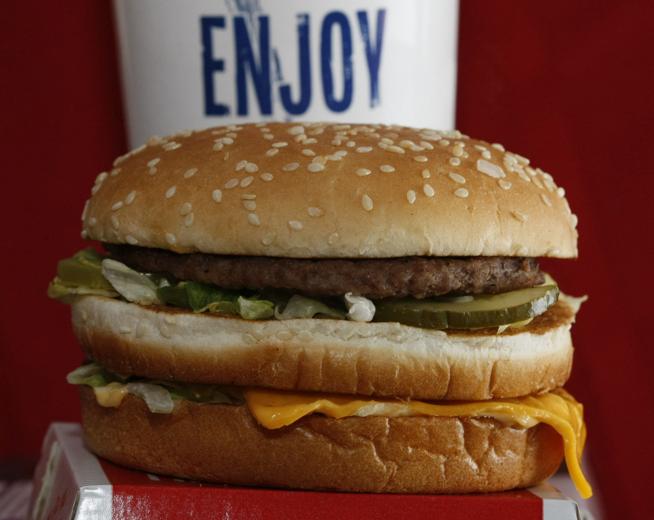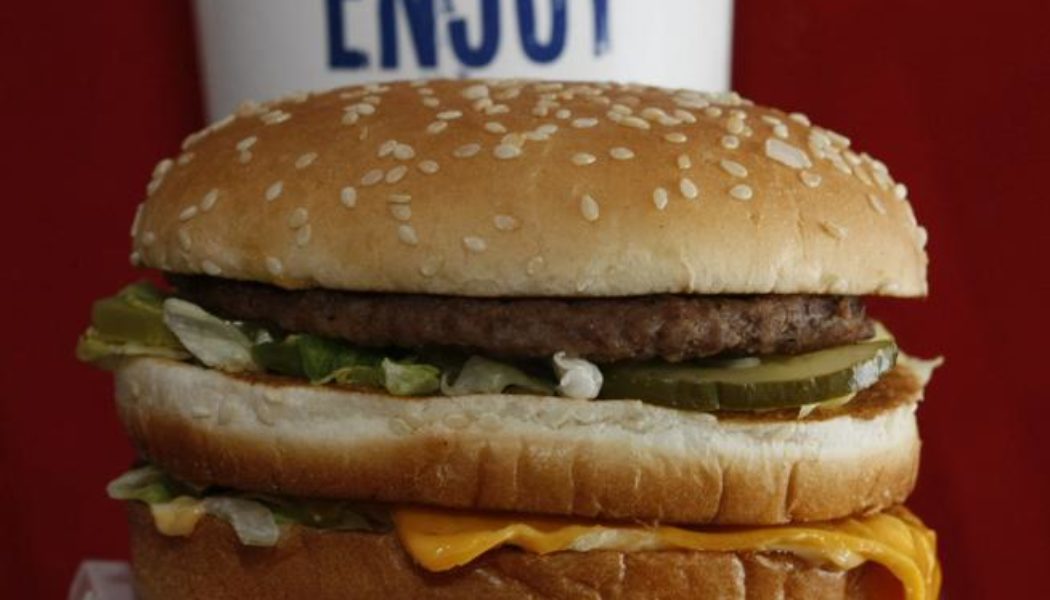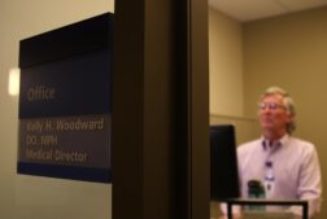
By Robert Graham
Over the last 50 years, food has become more accessible than ever. Yet, Americans are experiencing the worst health outcomes of any high-income nation.
The pervasiveness of food deserts, the prevalence of junk food, and a lack of nutritional education have led to mass obesity, which spurs the chronic disease epidemic, claiming 1.7 million lives annually — or seven of every 10 U.S. deaths. That’s more than three and a half times the number of tobacco-related deaths yearly. In the same way that previous generations fought the battle against smoking, Americans must prioritize winning the fight against obesity and chronic disease.
The United States could win that fight through something as simple as food? I’ve dedicated my career and medical practice to a food-first approach. My 20 years of clinical experience show that the “Food Is Medicine” approach, which rests on the science that food is the most critical thing we can control regarding our health, is an effective way to help patients prevent and reverse chronic diseases. If the food we eat is healthy, we are too.
Doctors should be exploring Food Is Medicine prescriptions before jumping to prescribe drugs. Instead of a healthcare system, the United States has a “sick care” system in which healthcare professionals are taught to treat symptoms first. For instance, a physician typically prescribes a Type 2 diabetes patient a drug rather than referring them to a dietician to discuss their diet and lifestyle. In many cases, changing a patient’s diet could address the core issues and begin to reverse diabetes entirely.
My colleagues aim to change doctors’ default approach to chronic disease. We believe health starts with food, but changing someone’s lifestyle isn’t as simple as telling them what to eat. I was raised in Queens, New York — where I learned that food is more than just a means to health; it’s love, care and tradition. It is not enough to give someone a healthy, bland salad and ask them to eat it daily to lose weight. A doctor has to meet the patient where they are and understand that their cultures, preferences, budgets and ZIP codes shape what they eat.
Many people lack the time, skill or money to cook, and groceries aren’t accessible to many families. In fact, 23.5 million Americans live in a food desert or swamp, an area without access to healthy groceries, or with high-density establishments selling high-calorie junk food. The Food Is Medicine world offers a solution: medically tailored meals, and pre-made dishes crafted by registered dietitians and chefs that can be shipped to patients’ doors to address their health concerns without shopping, time-consuming research, cooking or preparation.
People are more likely to stick to a diet plan if they have access to food that’s convenient, affordable and tasty — and medically tailored meals can check each of these boxes. In general, patients are confused about what they should eat.
Medically tailored meals eliminate the need to guess about portions and ingredients. People living in a food desert can get healthy food delivered to their doors. Some medically tailored meal brands offer culturally and ethnically inspired foods so that patients can still partake in a cultural experience when they sit down to eat. It’s important for individuals to be able to retain a connection to their culture through food so they can remain connected to their traditions while still prioritizing their health.
When someone has the tools to change their life through food, they stand to make the most progress. That’s why medically tailored meals have the capacity to transform the entire healthcare system for the better. Already, payers — insurance companies, government programs and employers — are seeing that medically tailored meals can address underlying health issues and, thus, save payers money by preventing future trips to the doctor.
Food Is Medicine has made meaningful progress since the movement began. I never thought I’d see the day that the Senate would introduce a bill like the Medically Tailored Home-Delivered Meals Demonstration Act — legislation covering medically tailored meals for more Americans. I’ve testified before Congress on these issues, giving me the opportunity to see firsthand the way our lawmakers have begun to understand the importance of food and nutrition in fighting the chronic disease crisis.
It’s heartening to see more people take food seriously as a cure for our country’s obesity and chronic disease epidemics. But we have more work to do. The 133 million Americans living with a chronic disease deserve to live healthy lives; it’s time Americans, payers and lawmakers embrace nutritious food as the obvious cure.
Robert Graham is a medical doctor who runs FRESH Medicine. He wrote this for InsideSources.com.









